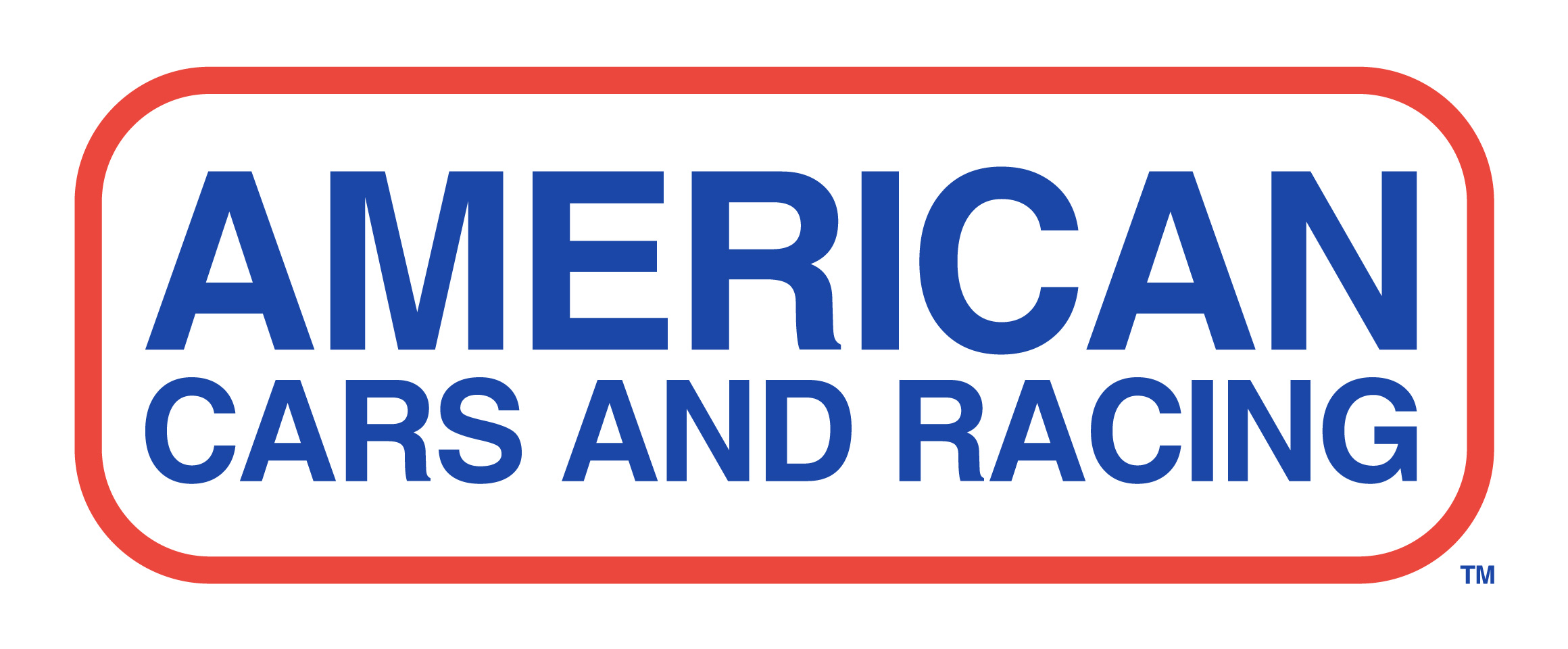IndyCar has taken the wraps off of the hybrid powertrains that will make their racing debut at Mid-Ohio on the weekend of July 5-7.
The new energy recovery systems have been delayed for several years do to a variety of supply chain and technical issues, but are now ready for prime time.
The Honda and Chevrolet powertrains retain the turbocharged 2.2-liter V6 that has powered IndyCars since 2012, but add an energy recovery system that comprises a Motor Generator Unit (MGU) and a pack of supercapacitors.
Honda helped develop the supercapacitors, which are produced by Skeleton, and Chevrolet worked with Ilmor on the MGU.
The supercapacitor pack sits above the engine and can fully charge and discharge in 4.5 seconds.
The MGU charges the battery under braking and attached to the driveshaft, which can also charge it when the driver lifts off the throttle while drafting on ovals, including the Indianapolis Motor Speedway, where it has been tested.
The level of regeneration is adjustable and a button on the steering wheel deploys the energy in a power boost worth 60 hp and 33 lb-ft of torque that won’t be limited like the turbocharger-based push-to-pass, which the cars will continue to be equipped with on road and street courses for a maximum boost of over 120 hp.
The entire upgrade adds 92 pounds to the cars, which went through a weight-reduction program to accommodate the hybrid system and have been running lighter without through the first part of this year than in past seasons. The MGU comes with the added bonus of working as a starter, so cars can restart themselves if they stall on the track.
The hybrid cars are scheduled to hit the track at Mid-Ohio for the first practice session at 3:20 p.m. ET on Friday.
